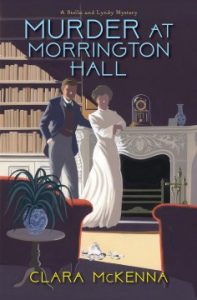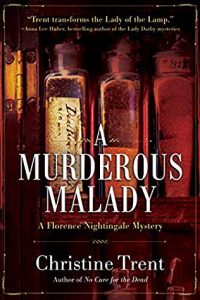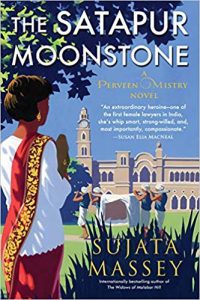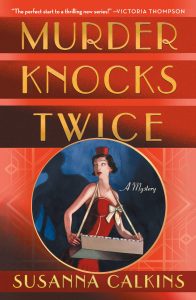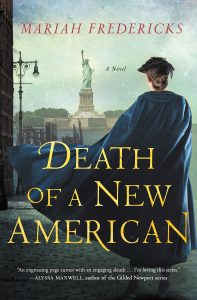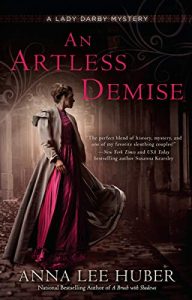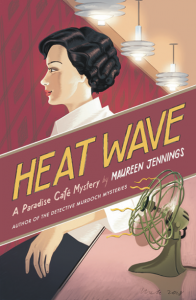Lauren Willig: The Summer Country
 This book is an absolute dream. Willig has crafted an epic set in 1800’s Barbados, in the world of sugar plantations and slaves. Told in two narrative threads, one in the 1850’s and one in the 1810’s, it’s clear that the two story lines are intertwined – the mystery of the novel is how exactly they are connected other than by the same sugar estates.
This book is an absolute dream. Willig has crafted an epic set in 1800’s Barbados, in the world of sugar plantations and slaves. Told in two narrative threads, one in the 1850’s and one in the 1810’s, it’s clear that the two story lines are intertwined – the mystery of the novel is how exactly they are connected other than by the same sugar estates.
In the 1850’s, we meet Emily and her cousin Adam, who has brought Emily and his new wife Laura to start a life on Barbados. Emily has unexpectedly inherited an estate on the island and she’s eager to see it and try to puzzle out why her beloved grandfather has left it to her and not to her brother. As fate intervenes, the Davenant family takes Emily and her cousins in, inviting them to stay indefinitely.
